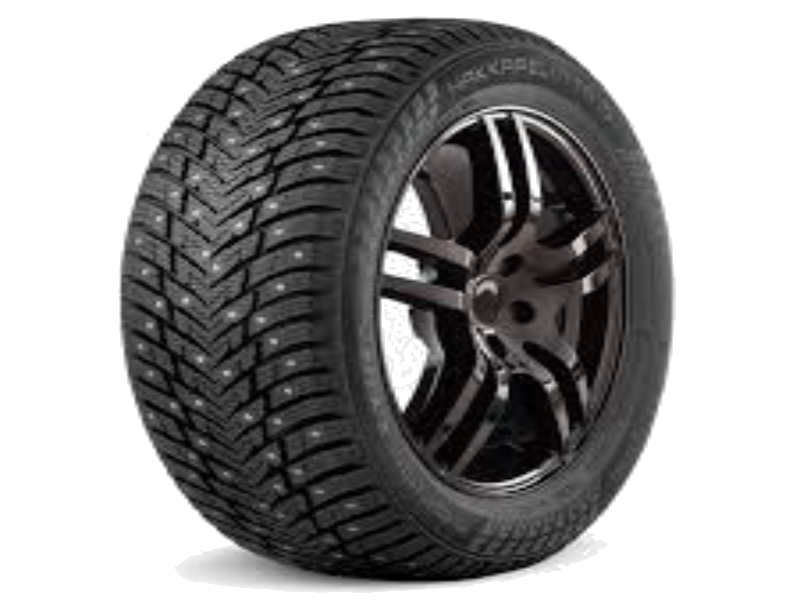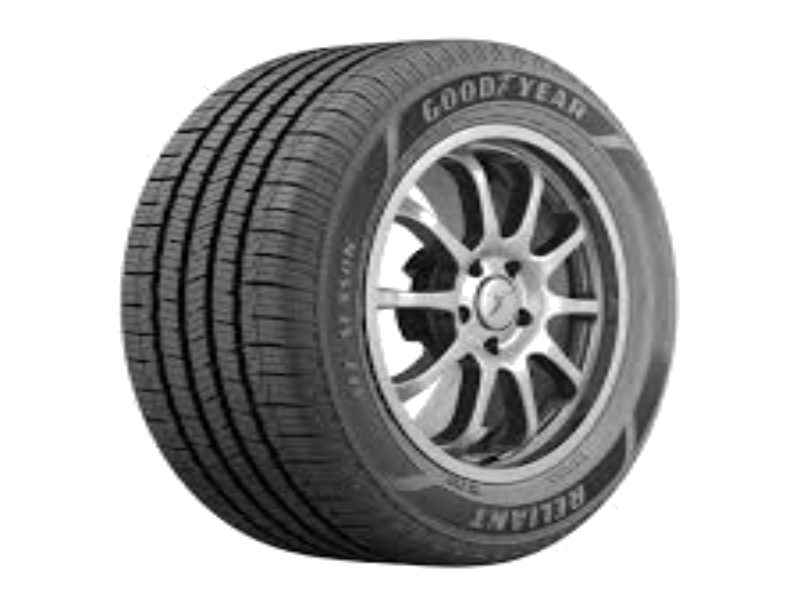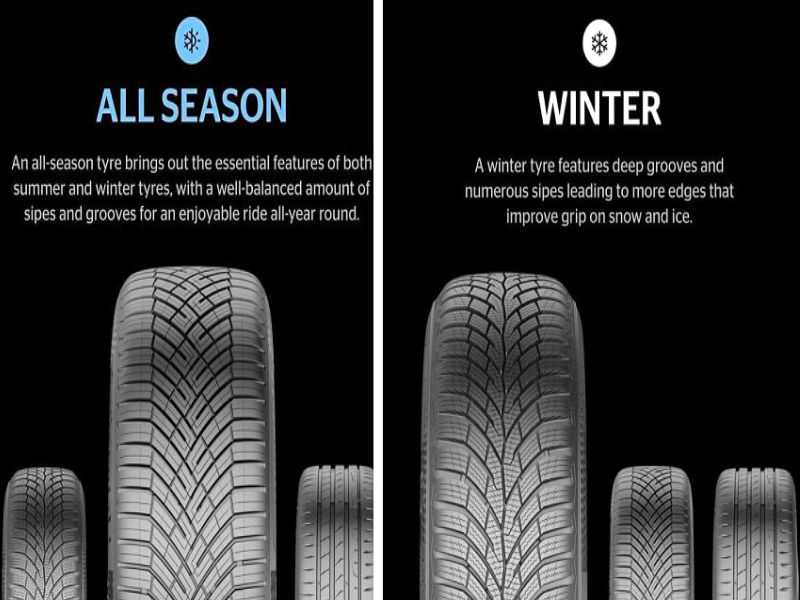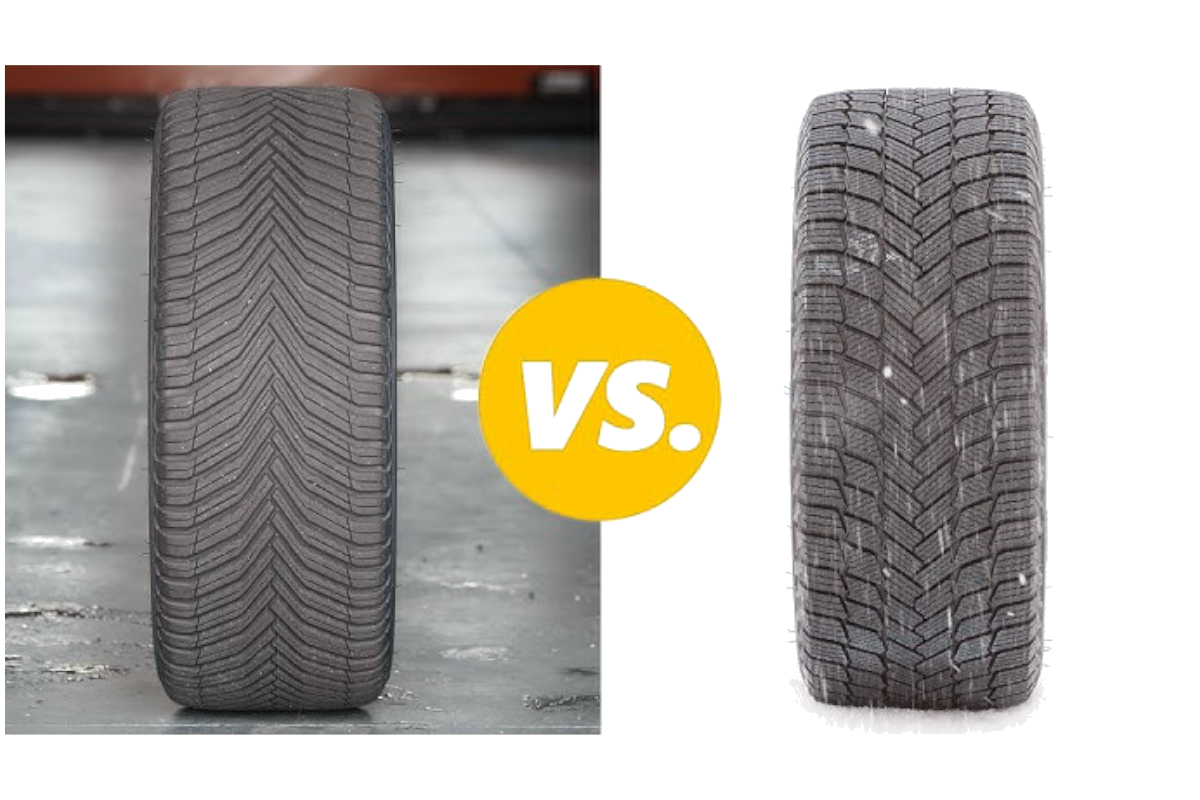When it comes to choosing the right tires for your vehicle, the decision often comes down to the weather conditions you encounter most frequently. Understanding the key differences between winter tires and all-season tires will help you make an informed decision for your driving needs.
1. Winter Tires: Built for Extreme Cold and Snow
Winter tires are specifically designed to perform in low temperatures, snow, ice, and slushy conditions. They are made from a softer rubber compound, which remains flexible in freezing temperatures, providing better grip and control. Winter tires also have deeper treads and more aggressive patterns, allowing them to dig into snow and push slush away from the tire.

Advantages of Winter Tires:
- Superior Traction on Snow and Ice: The tread design and softer rubber compound allow winter tires to provide optimal traction on snowy or icy roads, reducing the chances of slipping or skidding.
- Shorter Braking Distances: Winter tires significantly improve braking distances in cold weather, particularly on icy surfaces where all-season tires might struggle.
- Maintained Flexibility in Low Temperatures: Unlike all-season tires, which become hard in freezing temperatures, winter tires remain flexible, ensuring consistent contact with the road.
Disadvantages of Winter Tires:
- Faster Wear in Warm Conditions: The softer rubber compound wears out quickly on dry, warm roads, making winter tires unsuitable for year-round use.
- Noisy and Less Efficient on Dry Roads: Winter tires tend to be noisier and offer less fuel efficiency on dry pavement compared to all-season tires.
2. All-Season Tires: A Versatile Compromise
All-season tires are designed to offer good performance in a wide range of weather conditions, from mild winter days to wet or dry summer conditions. However, they are a compromise and don't provide the same level of performance in extreme weather as specialized tires like winter or summer tires.

Advantages of All-Season Tires:
- Year-Round Usability: All-season tires eliminate the need for changing tires twice a year, providing acceptable performance in both summer and mild winter conditions.
- Good Handling in Moderate Conditions: In moderate climates, all-season tires offer good traction on wet and dry roads and decent performance in light snow.
- Cost-Effective: All-season tires are a cost-effective option for drivers in regions that don’t experience extreme winter weather, as they can be used year-round.
Disadvantages of All-Season Tires:
- Limited Winter Performance: While all-season tires perform adequately in light snow, they can struggle on icy roads or in deep snow, as their tread patterns and rubber compounds are not optimized for freezing temperatures.
- Compromise in Performance: All-season tires offer a middle ground, but they don't excel in extreme weather conditions, whether it's deep snow or scorching summer heat.
3. When to Choose Winter Tires
If you live in a region where temperatures regularly drop below 7°C (45°F) during winter, or if your area experiences heavy snowfall or icy conditions, winter tires are the safer choice. They provide the necessary traction and control to handle extreme winter weather, keeping you and your vehicle safe on the road.
4. When to Choose All-Season Tires
All-season tires are ideal if you live in a region with mild winters, where snowfall is light and temperatures rarely drop below freezing. For drivers in temperate climates who value convenience and cost-effectiveness, all-season tires offer a balanced solution without the need to switch tires seasonally.

Conclusion: Which is Right for You?
The decision between winter tires and all-season tires depends largely on your local climate and driving habits. If you frequently drive in harsh winter conditions, winter tires are essential for safety and performance. However, if your winters are mild, and you prefer the convenience of using one set of tires all year, all-season tires are a practical and cost-effective choice.



Comments
Log in to leave a comment.
This article really clears up the confusion between winter and all-season tires. I didn’t realize how much of a difference winter tires can make in colder climates! I’ve always used all-season tires, but after reading this, I’m definitely considering switching to winter tires for better safety in the snow. Thanks for the helpful info!